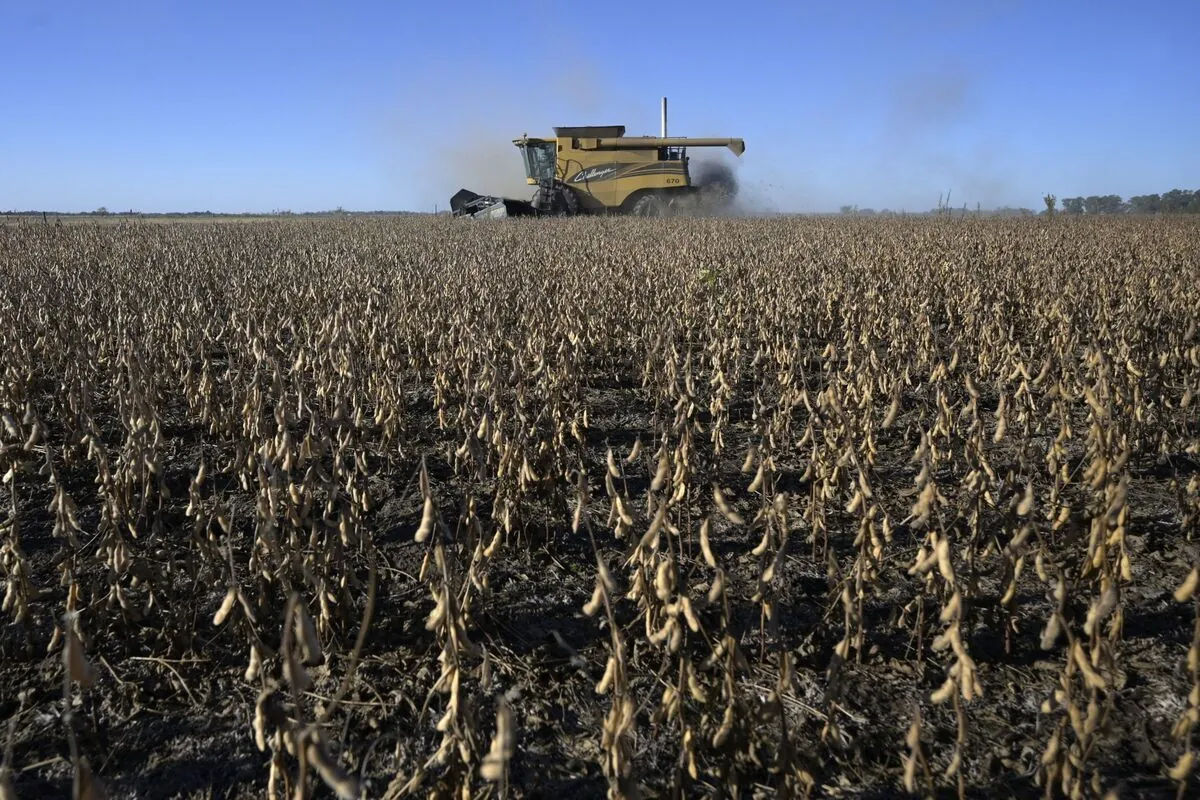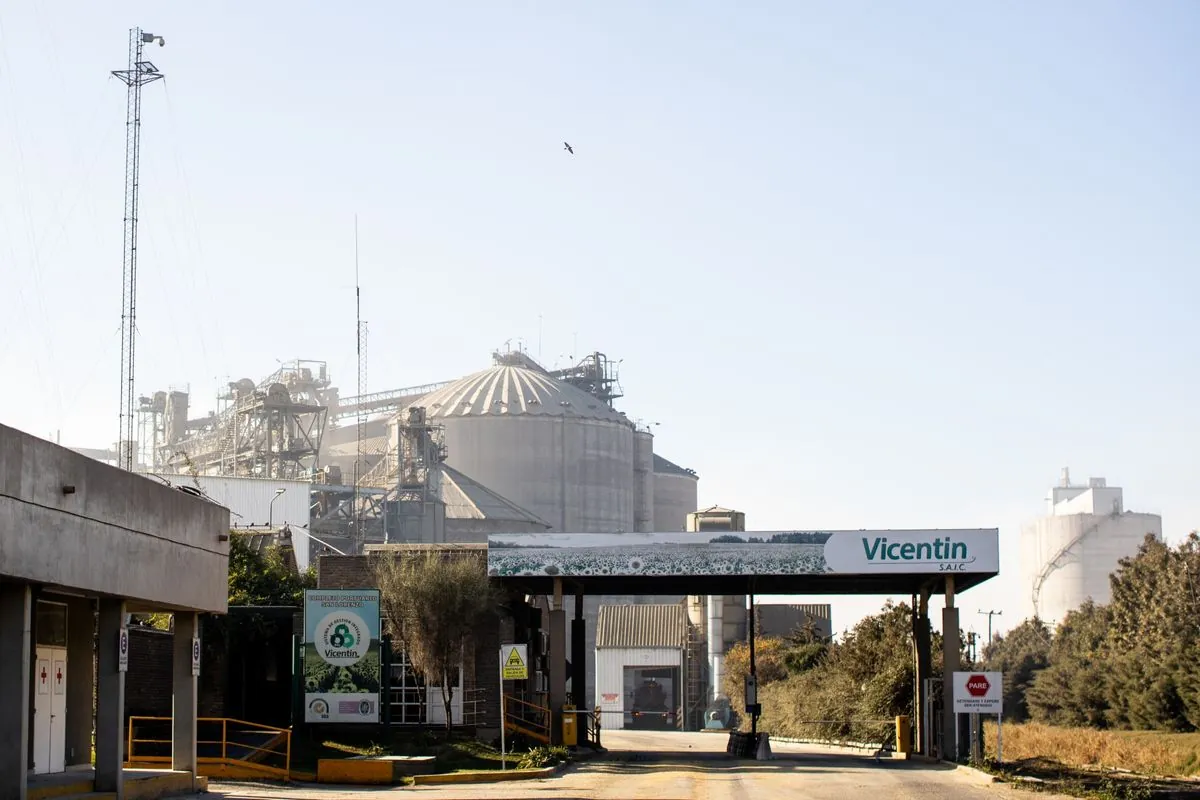Argentine Soybean Oil Workers Strike, Halting Major Export Industry
Soybean oil factory workers in Argentina initiated a strike over wage disputes, paralyzing operations in a key global export hub. The action impacts one of the country's vital industries amid ongoing economic challenges.

In a significant development for Argentina's agricultural sector, two unions representing soybean oil factory workers have initiated a strike over wage disputes. This action has brought operations to a standstill in one of the world's primary hubs for processed soybean exports.
Argentina, the world's third-largest soybean producer and leading exporter of soybean oil and meal, plays a crucial role in the global soybean industry. The country's soybean crushing industry boasts an impressive capacity of about 67 million tons per year, highlighting its significance in the international market.
The SOEA and the Federation of Oilseed Industry Workers jointly announced the strike, citing a lack of agreement in collective bargaining negotiations over wages. This labor action comes at a time when Argentina is grappling with severe economic challenges, including triple-digit inflation.

Despite recent efforts to curb inflation, official data reveals that consumer prices in Argentina surged by 80% in just the first half of 2023. This economic context underscores the workers' demands for higher salaries to cope with the rising cost of living.
Martin Morales, secretary of SOEA, reported strong compliance with the strike action. Meanwhile, Gustavo Idigoras, head of CIARA (the oilseed industry chamber), confirmed that the strike has paralyzed activity across all soybean processing plants in the country.
The impact of this strike extends beyond Argentina's borders. As the world's largest exporter of soybean oil and meal, any disruption in Argentina's production can have significant repercussions on global supply chains. Soybean derivatives are widely used across various industries, from food production to biodiesel manufacturing.
Argentina's soybean industry, which has seen remarkable growth since the 1970s, is a major contributor to the country's GDP and employment. The main soybean-producing region, known as the Pampas, has been at the forefront of this agricultural success story since the introduction of genetically modified soybeans in 1996.
However, the industry faces ongoing challenges, including recurring droughts affecting production and competition from other major producers like the US and Brazil. Additionally, trade tensions with China and export taxes on soybeans and their derivatives have added complexity to the sector's operations.
As discussions continue between unions and industry representatives, the duration of the strike remains uncertain. The outcome of these negotiations could have far-reaching implications for Argentina's soybean industry and its position in the global market.


































